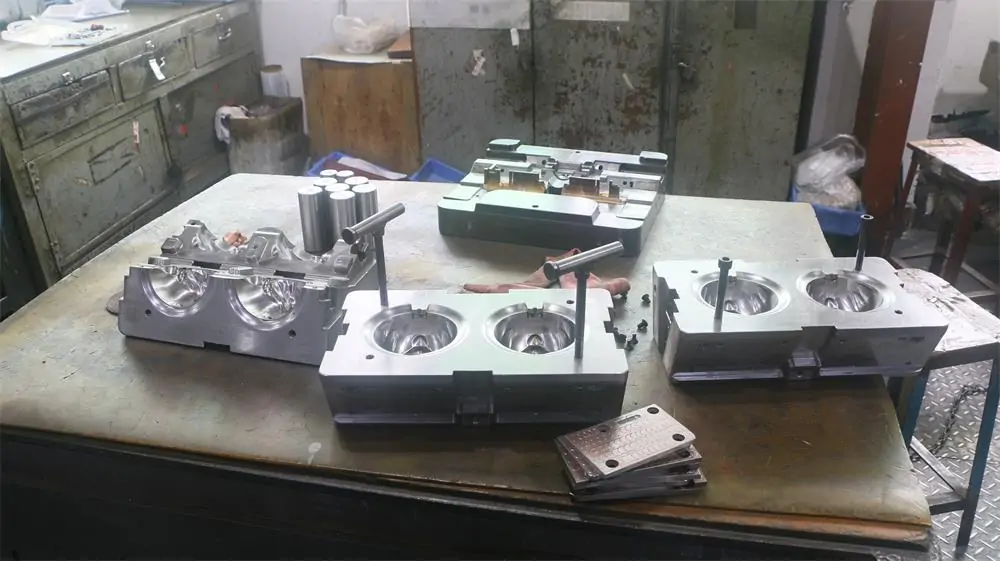Mold making is often one of the first and most crucial steps in the manufacturing process. Whether you’re producing plastic parts via injection molding or creating metal castings, molds are used to shape materials into specific designs. This article explores the mold-making process, its advantages, and the industries that benefit from it.

What Is Mold Making?
Mold making involves the creation of a mold, typically made from metal, that is used to shape materials into a finished product. The material — such as plastic or metal — is injected, poured, or pressed into the mold to take its shape. Mold making is fundamental to industries like injection molding, casting, and even some 3D printing processes.
Applications of Mold Making:
- 1) Automotive Industry: Molds are used to create parts like body panels, bumpers, and other components that are integral to a car’s design and functionality.
- 2) Consumer Goods: Everything from plastic containers to toys often requires molds for mass production.
- 3) Medical Devices: Molds are used to create precise, clean parts for medical devices, ensuring the highest standards of hygiene and safety.
Why Is Mold Making Important?
- 4) Precision: Mold making ensures that parts are created with the exact dimensions and features needed, minimizing waste and reducing the need for post-production adjustments.
- 5) Durability: Molds are designed to withstand high-pressure conditions, which means they can be used for extended production runs without degrading.
- 6) Cost-Effectiveness: While the initial cost of mold creation can be high, it becomes increasingly cost-effective for high-volume production.
For example, in the automotive industry, mold making is used to produce parts like dashboard components and door handles, which require both high durability and precision. These parts are created using molds that ensure the correct material properties and functionality.
Summary, mold making is the cornerstone of high-quality manufacturing, especially when mass production is required. By ensuring high precision and durability, mold making helps industries such as automotive, medical, and consumer goods bring their designs to life efficiently and cost-effectively.